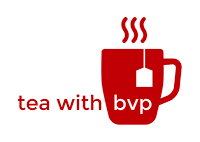Reviewed by Allison Lewis

Bill VanPatten, Professor of Spanish and Second Language Studies at Michigan State University, hosts a weekly online program on the topic of second language acquisition. The self-proclaimed “diva of SLA,” VanPatten aims to educate teachers about principles of second language acquisition and how research findings can be applied in the classroom.